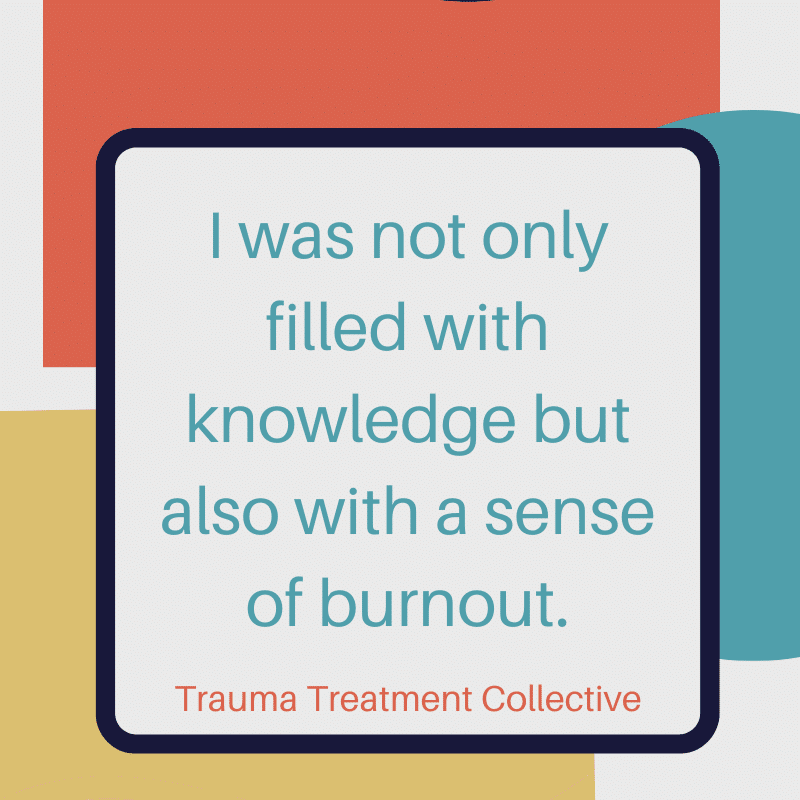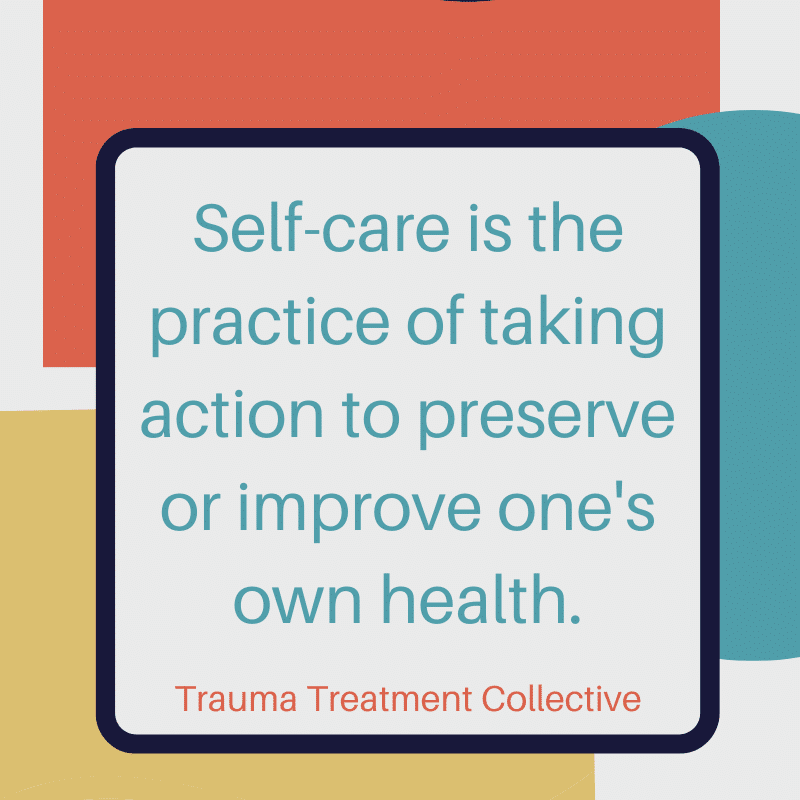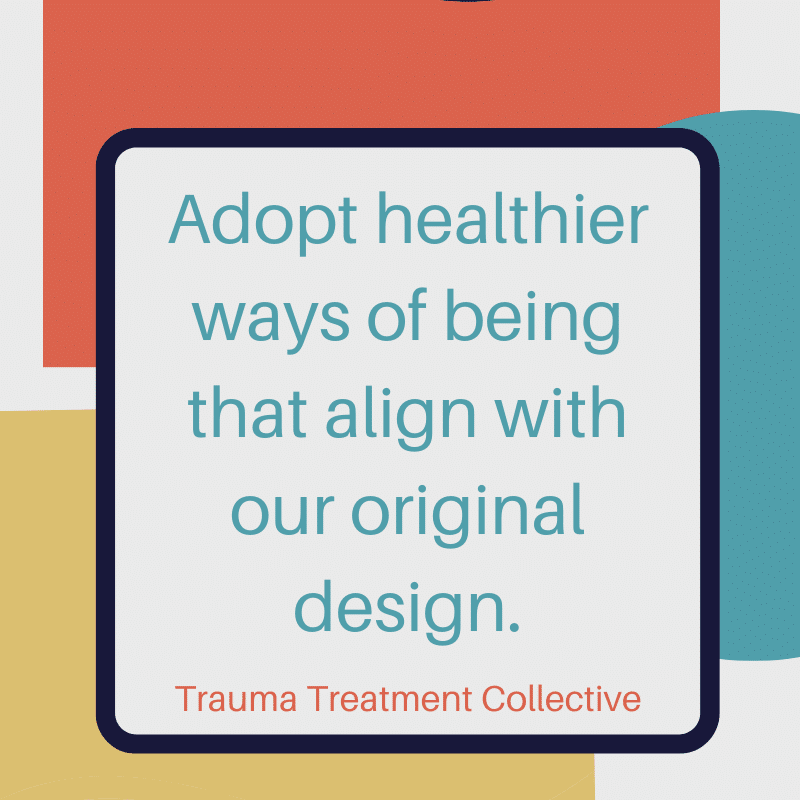
About two decades ago, I left Kansas after living there for 11 years, including three years spent earning my master’s degree in trauma treatment. I decided to return to my roots in Virginia, where I was born and raised. My time in Kansas equipped me with valuable trauma treatment knowledge and training, and I was immensely grateful for the opportunities I had there.
Upon leaving Kansas, I was not only filled with knowledge but also with a sense of burnout. It wasn’t the work itself that overwhelmed me; I was no stranger to hard work, having started my first business at the age of 14. What caught me off guard was that I had no idea that I needed to approach this new job differently. I assumed it would be like all my previous jobs: go to work, come home, and repeat the cycle.
I learned the hard way that I needed to make a change. By the time I decided to leave Kansas, I was emotionally and physically drained. One of the reasons I moved back home was because I needed to be around people who could help me heal and regain my strength. I needed to take time to get my head together. I grew up on a family compound and so home meant being steps from my grandmothers’, aunts’/uncles’, and cousins’ homes. It was an embodiment of safety and connection for me.
I knew I didn’t want to provide direct services in my next job, but I still wanted to contribute to the field of trauma treatment. So, I sought an administrative position at an agency focused on trauma treatment services, and my journey towards healing began.
After three years, I decided to return to direct care, but not before I took a long, hard look at how I had allowed myself to become so burnt out in the first place and how I could protect myself from it in the future.

What I discovered was that no one had emphasized the importance of self-care in my professional circles. It wasn’t even on my radar.
This realization is the reason why YOUR self-care is so vital to me. I want Trauma Treatment Collective to be one of the voices advocating for the prioritization of self-care for trauma treatment professionals.
According to the dictionary, self-care is the practice of taking action to preserve or improve one’s own health. Throughout this blog, I will be encouraging you to actively preserve or enhance your self-care, because you deserve to have good self-care.
One of the most effective strategies I’ve found is to create an intentional self-care plan. I’d like to share a valuable website where you can find free resources and a template to help you develop your plan. You can find a ton of resources here. Having a plan in place is crucial. It’s time to stop saying you’ll do it and start taking action. Not only will you see improvements in your professional performance but your overall well-being will also benefit. In trauma treatment, it truly is about addressing the whole person.
If you’re interested, I can help you connect with someone else in the community for accountability. Send us an email at info@traumatreatmentcollective.com and we will get you set up. In our free community, we have the capability of setting up voice rooms for members to connect. Let’s support each other and build a true sense of community. We cannot be effective in trauma treatment if we work in isolation.

I believe that at the core of our nervous system, there is a desire for balance between activity and rest. Anything that moves us away from that balance is an adaptation we’ve made to survive in this world.
To engage in a lifestyle of self-care, we must be curious about these adaptations, understand why we’ve adopted them, and then work on adopting healthier ways of being that align with our original design. Changing these patterns takes dedication and effort, but it’s worth it.
I want to challenge you to undo every adaptation you’ve adopted in an effort to survive that is contrary to the balance between activity and rest. Here are some suggestions to start:
1. Become curious about your nervous system’s balance. Are you more active and task-oriented, or do you tend to be more lethargic and sluggish? Find your balance.
2. Investigate when and why you adopted these adaptations and consider what new way of being you’d like to implement in your life.
3. Surround yourself with people who celebrate the new way you are trying to adopt, whether it’s rest or activity. Being around those who share your goals will positively impact your journey.
In conclusion, I want to emphasize that self-care is not a luxury but a necessity, especially for those of us in the trauma treatment field. If you ever need encouragement and validation in your self-care journey, remember that we are here for you. Let’s prioritize self-care, support one another, and build a resilient and compassionate trauma treatment community.

